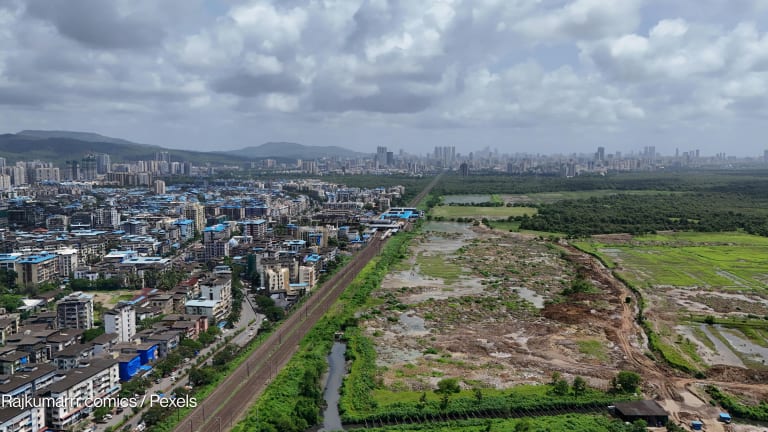Almost 100 countries and 12 international organizations have appeared before the International Court of Justice, or ICJ, over the past two weeks to get clarity on the legal duties that emitting countries have to combat climate change — and pay for the consequences of failing to do so. These clarifications could lead to new international legal obligations for climate action that emitting countries have to abide by.
“It’s the biggest hearing ever in the history of court written statements,” said Jan Yves Remy, an international trade lawyer and head of the St. Lucia delegation. The case is, in fact, the largest the United Nations has ever seen.
Each participant had 30 minutes to make a statement. With over 100 participants, these statements ran from Dec. 2-13.
Search for articles
Most Read
- 1
- 2
- 3
- 4
- 5








